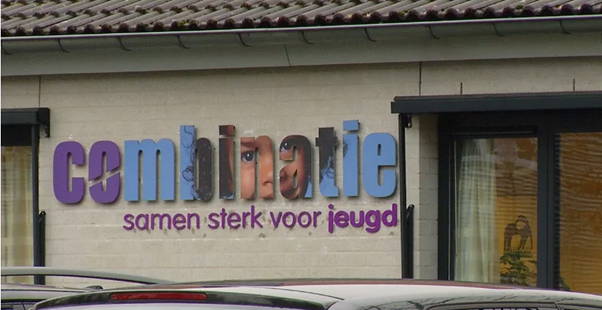The financial problems are not acute, says director Gerda Huijbregts but to prevent such an eventuality, care foundation Combinatie Jeugdzorg has received a buffer in the form of a financial advance. The 21 municipalities of the Metropolitan Region have agreed to this.
“How does this difficult situation affect our clients? Not at all,” says Huijbregts. “We have never made any concessions to the care we offer our young clients; that care has never been under pressure.”
“But the result of that approach is that we are now facing a financial challenge. Fortunately, we now have 1.4 million euros in a separate bank account that we can use if necessary. In addition, there is still a pot of 1.7 million euros in case of extreme emergency”, says Huijbregts.
Setbacks due to corona
The extra money is needed because of a combination of factors, the director explains. “Of course, we already had little equity. There have been a lot of cutbacks in youth care in recent years – not only here but throughout the country. We were already affected by those, and corona came on top of that. We had to spend a lot more money then.”
The corona pandemic has left considerable traces in the organisation, explains Huijbregts. “During the pandemic, there was a lot of attention for hospitals and care for the elderly. Very understandable. In the beginning, institutions such as youth protection closed for six months. As a result, we received few applications.”
All hands-on deck
“But then it was all hands-on deck. Our staff had to continue work during the pandemic. There were even teams that quarantined together. This high workload led to high absenteeism, especially in the second wave of the pandemic. At the peaks, about 10 percent of the staff reported sick.”
Replacement staff
Similar figures are available for hospitals in the region. At Combinatie Jeugdzorg, this had a strong effect on our financial management. “Replacement staff requires a major investment. When you are working with many different types of contracts, you have to spend more on administration. You don’t really want that, but the current regulations require it. That, too, is a national story, by the way. ”
Bureaucracy
That national story means that Huijbregts is eagerly looking forward to reforms in youth care, which were recently agreed with the – then – missionary cabinet. “We are a foundation, so we don’t make any profit. But we do need money to do our job. Much rather than spend it on bureaucracy, I would like to spend the money we have on good care.”
Attention to quality
“We hope that with the reforms politicians introduce, more attention can be paid to quality. I hope that the administration will become simpler and that we can also conduct proper research into which methods work and which do not. That is currently lacking,” explains Huijbregts.
But we are not there yet. For the time being Combinatie Jeugdzorg will continue to be at the end of its financial tether. “We hope it changes soon, but it doesn’t get any easier. Labour costs have also gone up, which will also have to be reflected in the rates we use. At the moment we have not yet had to rely on the built-up buffers. I hope it stays that way. It’s just a loan after all.”
Complicated
That does raise questions. Anyone who assumes a doomsday scenario, in which the healthcare institution has to call on the entire 3.1 million euros contained in the buffer, may wonder how that money is to be repaid by a non-profit foundation that already has no meat on its bones.
“That would indeed be a complicated story,” says Huijbregts. “If it comes to that, we will have to be innovative, as mentioned, but we do not assume that it will go that fast.”
Confidence
Huijbregts does say that she has confidence in regional politics. “Eindhoven and Helmond are our first discussion partners from the Metropolitan Region. We certainly feel that they understand our situation. Otherwise, we would not set aside such an amount for us either. That expresses confidence,” says the director.
Source: Studio040
Translator: Yawar Abbas
















